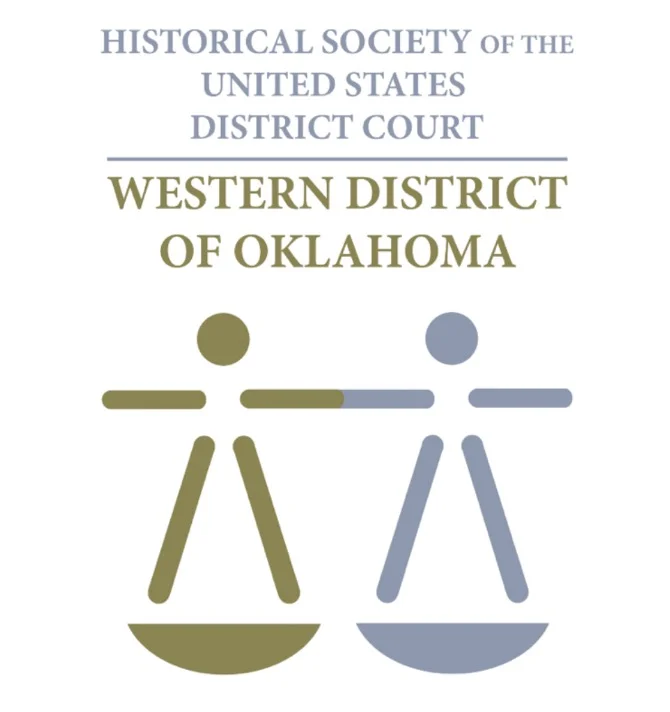United States v. Enfield (1918)
President Woodrow Wilson passed the Selective Service Act in May of 1917. Orville Enfield, an Ellis County Judge, was a vocal opponent of the act and spoke out against it almost immediately after the act’s passage. In response to his activism, the United States Attorney charged Enfield with conspiring to oppose the Selective Service Act by force. These charges led to Enfield’s conviction.
Enfield appealed his conspiracy convictions in federal court. On appeal, Enfield argued he was prejudiced by evidence introduced by the government and wrongfully admitted by the trial court. Specifically, the evidence that Enfield’s brother was a military deserter and introduced into evidence an inflammatory speech given by a man named Hicks.
Hicks was an ex-convict with a history of making “anarchistic speeches, intended and calculated to incite lawlessness.” In addition, Hicks had a history of claiming affiliation with organizations of which he was not a member, or which were entirely made up. At the time Hicks testified against Enfield, he was under indictment for his own speeches.
The Eighth Circuit (which then presided over Oklahoma) found the introduction of the desertion and Hicks’s speech was not only improperly admitted but highly prejudicial.
As to the desertion, the court noted the prosecution failed to allege any connection between Enfield and the actions of his brother. “Enfield was in no way shown to be connected with, or responsible for, the desertion.”
As to the inflammatory speech, though the prosecution promised to connect Hicks to the alleged conspiracy, no connection was ever made. Hicks and Enfield both spoke at the same event, but Enfield had no idea Hicks would be speaking until he arrived at the event. When Enfield learned Hicks would be speaking at the event, Enfield initially refused to speak but ultimately relented at the urging of his friends. The only connections shown between the two men were Enfield applauding at a certain point during Hicks’s speech and testimony by a witness that the two men’s speeches were similar. It was through this tenuous connection that the government introduced a portion of Hicks’s speech deemed “a vicious, scurrilous, seditious outburst against the government, which would naturally inflame the righteous anger of every patriotic man upon the jury.” Without showing Enfield was in any way responsible for the inflammatory speech, the introduction of said speech was, thus, improper and prejudicial.
Enfield’s conviction was reversed.
Information from, and additional reading at,
Enfield v. United States, 261 F. 141 (8th Cir. 1919)
Profile of a Prairie Radical Judge Orville Enfield of Ellis County,” R. O. Joe Cassidy, Jr., Chronicles of Oklahoma, Volume LXXX, Number Two, Summer, 2020
Photo from: Oklahoma City Times (Oklahoma City, Okla.), Vol. 30, No. 54, Ed. 1 Wednesday, June 5, 1918.

